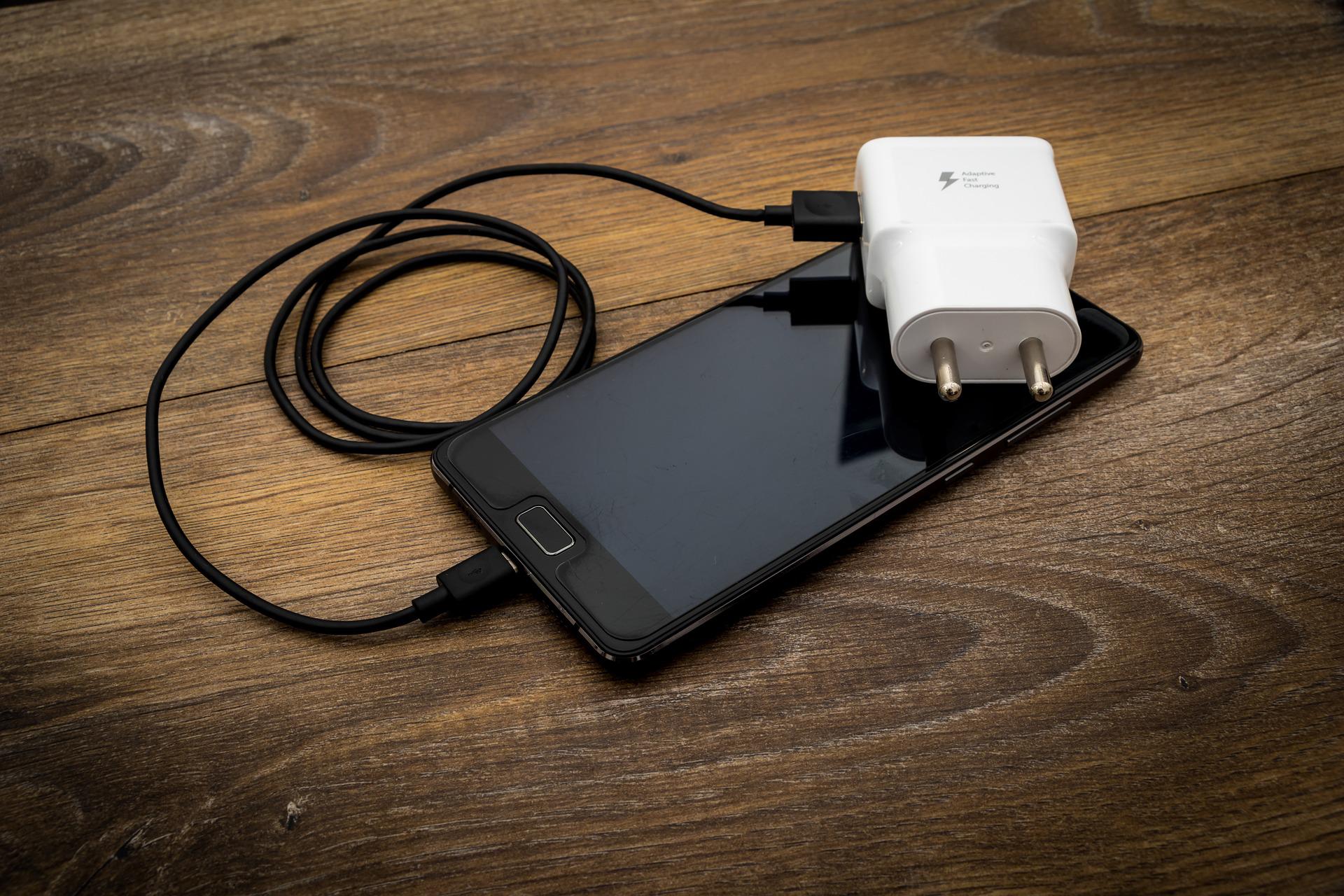When charging your device, there are several myths that you should be aware of. These myths range from charging a device past 100% to damaging its battery. In addition, third-party chargers can damage your device. We’ll explore these myths and the best ways to avoid them. But first, let’s clear up some common misconceptions. What’s the best way to charge your device?
Untrue battery-related myths
If you’ve ever left your phone plugged in overnight, you’ve probably been warned that it could overcharge. That isn’t true – in fact, if your device has a ‘trickle charge’ system, it will stop charging when it’s at a high level, and then top up when it starts to deplete. So, it’s better to charge your device to around 50% rather than 100% overnight, and only leave it plugged in overnight.
Fast charging
Most modern smartphones support fast charging, but many of these models require an additional accessory. Qualcomm’s Quick Charge standard, for example, delivers 18W of power. Samsung, for example, sells a 45W charger. Although fast charging will not harm your phone’s battery, the heat produced by the fast charge may shorten its life. So, if you’d like to extend the life of your phone, consider using a slow charging mode.
Off-brand chargers
Off-brand chargers for charging devices overnight may be cheaper, but don’t let that fool you. Most of these chargers don’t come with safety features, which means that you can damage your phone’s battery or charger port. Even if they do have safety features, they won’t be as safe as manufacturer-certified chargers. Here’s why:
Reducing battery life
If you’re a heavy smartphone user, you probably know that leaving your phone plugged in overnight can reduce its battery life. Over-charging your phone can lead to its efficiency declining as the battery heats up. In extreme cases, it may even explode. However, you can cut back on your use of Wi-Fi and data networks in order to prolong battery life. Also, reduce the brightness of your screen and the amount of time your phone spends going to sleep at night.
Hackers accessing your information
One way to keep your information safe from hackers is to ensure that you don’t leave your mobile device charging overnight. Many businesses run on “all systems go” at all times. That means that hackers can access your personal information, and they may use it to steal your identity. While you can’t prevent this, you can limit the risk by using a password manager. The following tips will help keep your information safe.
Letting your phone reach 0%
You might be wondering why you should avoid letting your phone reach 0% overnight when charging. This is bad for rechargeable batteries and may cause your smartphone to lose its battery life sooner. This is due to the fact that your device’s battery isn’t able to store as much energy as it does when fully charged. Also, the display in your phone may be LCD, OLED, or both. These can cause the display to burn out faster, so you should avoid this habit at all costs.
Letting your phone charge all the way to zero before plugging it in
Rather than letting your phone charge all the way to zero before you plug it in, try to allow it to fully discharge. This will prevent your phone from overcharging and will make it less likely to die before you finish using it. It is also important to avoid letting your phone charge to 100% because it will quickly wear out the battery. Read more about the dangers of full discharge and the danger of unapproved chargers.
